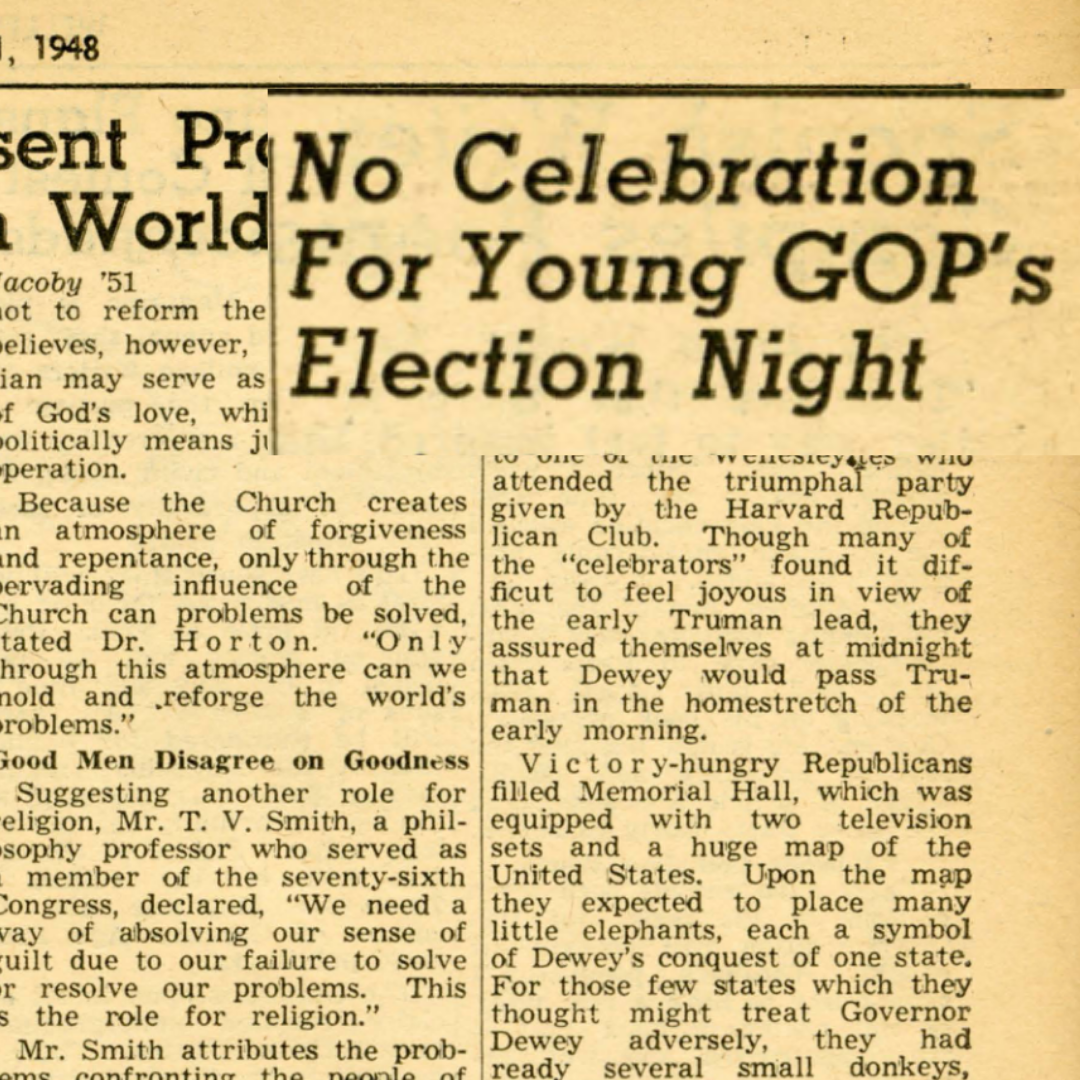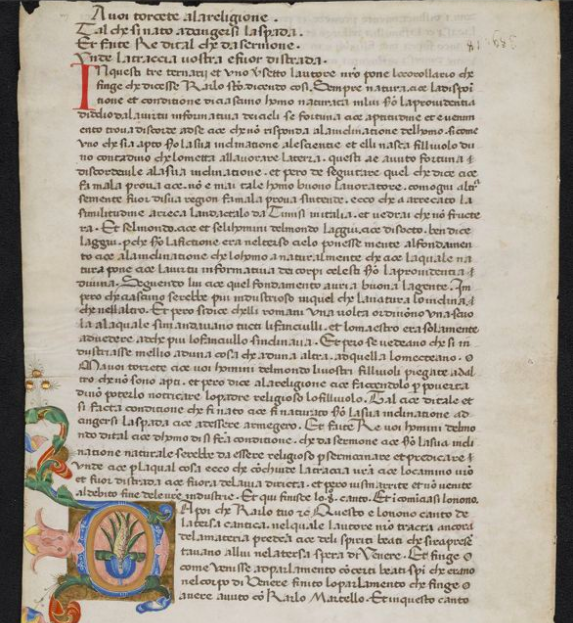For February’s iterations of the archives column, The News will be presenting a series of pieces highlighting Black history at Wellesley College in recognition of Black History Month. Below are excerpts of two news articles from 1962 regarding a speech prominent Civil Rights activist Malcolm X, later El-Hajj Malik El-Shabazz, gave at the College.
On March 21, 1962, Malcolm X, as he was then known, gave a speech at Wellesley College on his belief in Black separatism as part of the religious and political organization he referred to as the Black Muslims, more commonly known as the Nation of Islam. Below is an article from March 23, 1962 written by Kelly Jacobson ’64. Please note that this article contains outdated and/or offensive language regarding the Black community as a whole and Black women specifically.
“‘The white man is a minority in the world who is fast losing his power, and it is better for him to get his business settled now before he loses all his power and his enemies decide to settle his business for him,’ Malcolm X told a capacity crowd in Pendleton Hall yesterday afternoon.
“In his speech on ‘Integration and Separation,’ the disciple of Messenger Elijah Muhammad, spiritual leader of the Black Muslims, attempted to explain the goals and motivating forces of the movement.
“The doctrine of the movement advocates separation as opposed to integration. However, separation is distinguished from segregation, the force of a superior over an inferior. Separation, according to Malcolm X, is agreed upon by equals.
“White Man Hypocrite
“The doctrine of separation is deemed necessary by the followers of the Honorable Elijah Mohammad [sic] because integration is only evidence of the white man’s hypocrisy. Malcolm X exclaimed that this was true because ‘if they (the white Americans) were for it (integration), they would have it’ since this government rules by the will of the majority.
“The American Negro, according to Malcolm X, is on the whole against integration ‘which at the best is merely token integration.’ The Black voice of dissent, he claimed ‘is quieted by those Negroes who speak as puppets of the white power structure.’
“Integration is Token
“‘This token integration,’ he elaborated ‘doesn’t solve any problem for the mass of the Negroes, only for the handpicked “bourgeois” Negro.[’]
“The Black Muslim Movement, though, is an accurate reflection of the opinions of the mass of the Negroes in America, according to Malcolm X. This is evidenced by two facts: 1) it is the fastest growing Negro organization in the country and 2) the strength of all other Negro groups is decreasing. For example the NAACP allegedly lost 15,000 in membership in the past year.
“Membership Masked
“But nevertheless, despite this large and increasing following ‘You don’t Know who is a Muslim and who isn’t. Your maid, your butler may be one.’ The Muslims do not always reveal their affiliation with the group since it may endanger their position if they are working for a white establishment.
“The movement is not only a reform group. It is quite definitely a religious group according to Minister Malcolm. They are followers of Islam, which was defined by Malcolm X to mean ‘complete submission to one God.’ They accept all the prophets as prophets of God and believe that we are now living in the days of the final judgment.
“Days of Judgement
“This is further reason not to integrate with the white man. ‘We don’t want to unite because we feel that God is going to destroy those white societies and governments because they are corrupt.’ The Muslims strive to ‘bring about a moral reformation through a complete elimination of crime.’
“Malcolm X calls this reformation ‘cleaning up the mess made by the white people.’ In the Black Muslim community, he claims, there is no dope addiction, adultery, fornication, or juvenile delinquency.
“‘All we want is a chance. If we have it there can be peaceful relations between the black and white man,’ he concluded. ‘All of the immorality in every city exists in our community. The Black woman has no respect. We want to restore self pride in the Negro,’ who has been deprived of it by the white society.”
In response to this article, Malcolm X sent the following letter, published in the April 5, 1962 edition of The Wellesley News, under the section “The Reader Writes.”
“To the Editor:
“May these lines find the students there at Wellesley enjoying good health and high spirits, and thinking very seriously about the grave problems that presently face this world.
“This letter is to congratulate your paper for its unbiased coverage of my lecture there on the campus. It was the most objective bit of reporting I have ever read in any paper pertaining to statements made by Mr. Elijah Muhammad or any of his representatives. All we have ever asked is to be quoted correctly by the press, and if this is done, then the public is left to its own intelligence to judge whether or not the aims and motives of the Muslims are with an intelligent, religious foundation. In the past, the white press has found itself incapable of doing this.
Sincerely,
Malcolm X”
Despite being remembered as an icon of the Civil Rights Movement, El-Shabazz’s legacy is often stripped of the nuance and ever-evolving nature of his advocacy. In particular, the distortion of his philosophy to one of militant extremism, especially when offhandedly placed in contrast with the philosophy of the Reverend Dr. Martin Luther King Jr., diminishes the importance and complexity of his lifelong activism. Additionally, although The News is choosing to specifically highlight Black historical archives in honor of Black History Month, the work to uplift and amplify Black voices cannot be relegated merely to February; for it to have true meaning and worth, it is something that must be undertaken with intention every day of every year.







